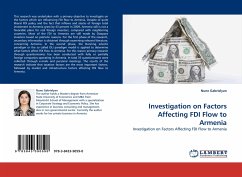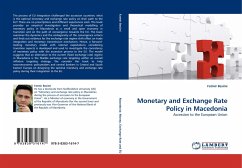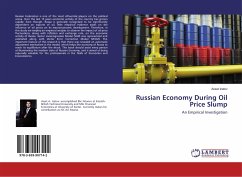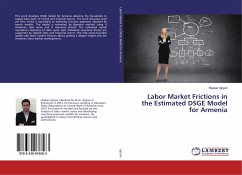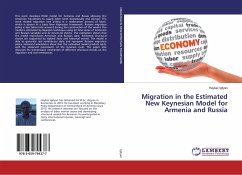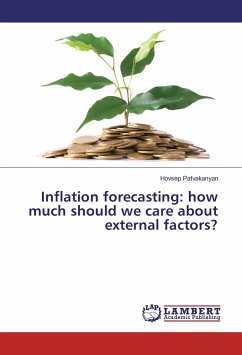
Inflation forecasting: how much should we care about external factors?
Versandkostenfrei!
Versandfertig in 6-10 Tagen
22,99 €
inkl. MwSt.

PAYBACK Punkte
11 °P sammeln!
With intensification of the integration and globalization processes inflation forecasting has shifted to a conceptually new stage in the last decade. As such, the overview of the inflationary processes in developing countries for the period in question shows that rise of the general price level in those countries tends to be more and more explained by the impact of external economic factors: an excessive influx of foreign currency, rising prices for imported goods, fluctuations in energy prices, and a number of other exogenous variables. The book thoroughly analyzes the impact of the listed fa...
With intensification of the integration and globalization processes inflation forecasting has shifted to a conceptually new stage in the last decade. As such, the overview of the inflationary processes in developing countries for the period in question shows that rise of the general price level in those countries tends to be more and more explained by the impact of external economic factors: an excessive influx of foreign currency, rising prices for imported goods, fluctuations in energy prices, and a number of other exogenous variables. The book thoroughly analyzes the impact of the listed factors on the inflation for Armenia transmitted mainly through the exchange rate channel. It is, furthermore, investigated how the monopolies, poor rule of law and other institutional factors distort the pass-through of the given exogenous shocks onto domestic inflation. The contribution reveals poor performance of the linear models for inflation forecasting and proposes application of Markovchain switching regimes model to get the probability distribution forecasts, followed by utilization of the neural networks model to arrive at accurate point inflation forecasts.



